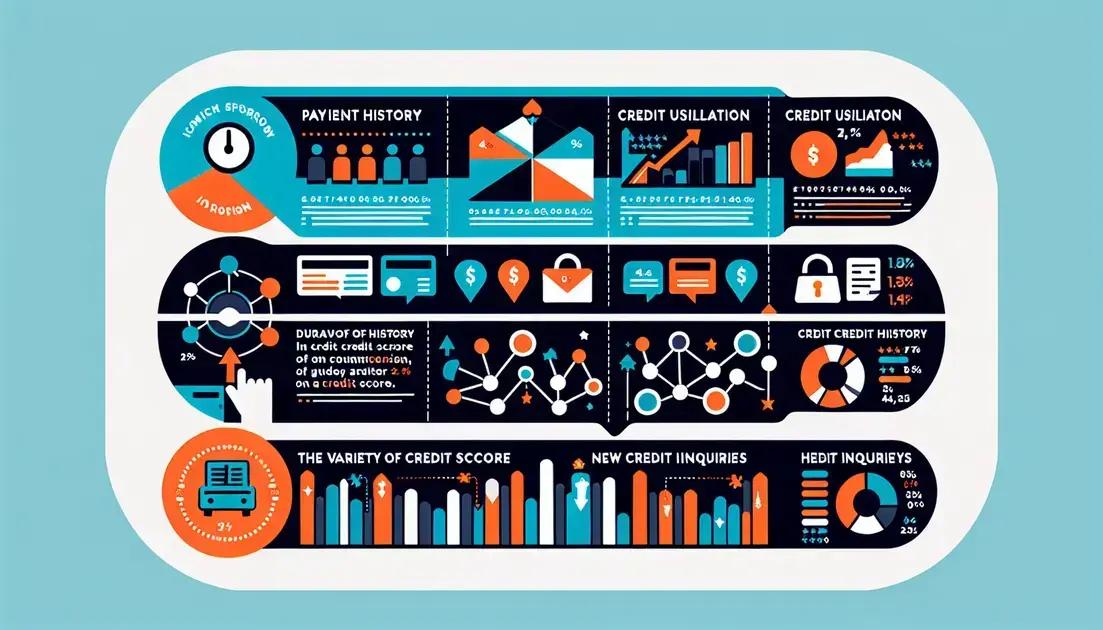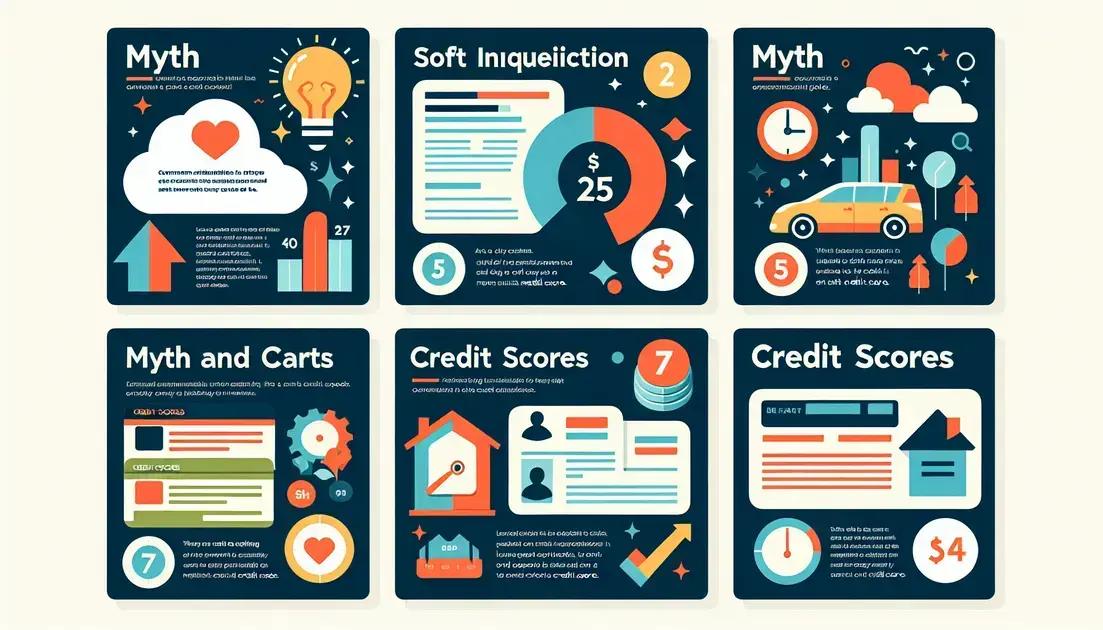How It Affects Your Financial Future and What to Know
In today’s financial landscape, your credit score is one of the most important metrics influencing your borrowing power. Whether you’re looking for a mortgage, a car loan, or a credit card, understanding your credit score can save you money and help you make informed financial decisions. This guide breaks down everything you need to know about credit scores, from what they are to how you can improve yours.
What is a Credit Score and Why Does It Matter?
A credit score is a numerical representation of your creditworthiness, which lenders use to decide whether to extend credit to you. It typically ranges from 300 to 850, with higher scores indicating better credit quality. Understanding what a credit score is can significantly influence the way you manage your finances.
Why Does a Credit Score Matter?
Your credit score can impact various aspects of your financial life. First, it affects your ability to secure loans. A higher score generally means lower interest rates on mortgages, auto loans, and credit cards. This can lead to substantial savings over time.
Additionally, landlords may check your credit score when you apply for a rental property. Employers in certain industries might review your credit report as part of the hiring process, making it essential to maintain a good score.
Components of a Credit Score
Credit scores are calculated based on several factors, including your payment history, the amount of debt you owe, the length of your credit history, types of credit accounts, and recent credit inquiries. Knowing these components helps you understand how to improve your score over time.
Being aware of your credit score allows you to take proactive measures to maintain or improve it. Regularly checking your credit report for errors is crucial, as inaccuracies can negatively affect your score.
Factors That Affect Your Credit Score

Several key factors affect your credit score, and understanding them is essential for managing your finances. The most significant factor is your payment history, which accounts for about 35% of your credit score. This includes whether you pay your bills on time or have missed payments. Late payments can severely damage your credit score.
Credit Utilization Ratio
Your credit utilization ratio is the second most important factor, making up around 30% of your score. This ratio compares your total credit card balances to your total credit limits. Ideally, you should keep your credit utilization below 30% to maintain a healthy score.
Length of Credit History
The length of your credit history contributes about 15% to your score. A longer credit history indicates to lenders that you have experience managing credit. If you have older accounts, keeping them open can benefit your credit score.
Types of Credit Accounts
Diverse types of credit accounts, such as credit cards, mortgages, and installment loans, make up about 10% of your score. Having a mix of different types of credit can show that you can handle various types of loans responsibly.
Finally, new credit inquiries account for about 10% of your credit score. Each time you apply for a new credit account, the lender performs a hard inquiry, which may slightly lower your score temporarily. Too many inquiries in a short time can raise red flags to lenders.
How to Improve Your Credit Score Quickly
If you want to improve your credit score quickly, there are several effective strategies you can implement. Start by checking your credit report for any errors. Mistakes can happen, and even small errors can negatively impact your score. If you find discrepancies, dispute them immediately for a correction.
Pay Your Bills on Time
One of the most crucial factors in boosting your score is your payment history. Make sure you pay all your bills on time. Setting up automatic payments can help ensure you never miss a due date again. A single late payment can stay on your credit report for up to seven years.
Reduce Credit Card Balances
Lowering your credit utilization ratio can also quickly increase your score. Aim to pay down your credit card balances to below 30% of your total credit limit. This shows lenders that you are responsible with credit. If possible, pay off entire balances each month.
Avoid New Hard Inquiries
When you apply for new credit, lenders perform a hard inquiry, which can temporarily decrease your score. Avoid applying for new credit accounts unless necessary. Instead, focus on maintaining and improving your existing credit accounts.
Become an Authorized User
Another tactic is to become an authorized user on a family member’s or friend’s credit card. If they have a good payment history, this can positively impact your credit score without requiring you to use the card.
By employing these strategies, you can see noticeable improvements in your credit score in a short period. Staying informed and proactive about your credit management will benefit your overall financial health.
Understanding Credit Score Myths and Facts

There are many myths about credit scores that can cloud your understanding of how they work. One common myth is that checking your own credit score will lower it. This is false; checking your own credit is known as a “soft inquiry” and does not affect your score at all.
Myth: Closing Old Accounts Improves Your Score
Another myth is that closing old credit accounts is beneficial. In fact, keeping older accounts open can help your credit score by increasing the length of your credit history, which is an important factor in determining your score.
Myth: Paying Off Debt Removes Negative Marks
Some people believe that paying off debt erases negative marks from their credit report. While paying off a debt is a positive action, any late payments or defaults will still remain on your credit report for a certain period, often seven years.
Fact: All Credit Scores Are Not the Same
It’s also essential to recognize that not all credit scores are created equal. Different lenders may use different scoring models, which means your score may vary depending on who checks it. Understanding which score a lender is using can help you prepare better.
Another critical fact is that your credit score can change frequently. By monitoring your score and regularly checking your credit report, you can stay informed about your credit health.
Understanding Your Credit Score is Key to Financial Success
Your credit score plays a vital role in your financial journey. By grasping what it is and how it functions, you can make informed decisions that positively impact your financial health.
Through addressing common myths and understanding the factors that influence your score, you can take substantial steps toward improvement. Whether it’s paying your bills on time, managing your credit utilization, or correcting inaccuracies on your credit report, every action counts.
Utilizing practical strategies to enhance your credit score can unlock opportunities and save you money in interest rates. Remember, monitoring your credit consistently and staying informed about your credit health can lead to a brighter financial future.




